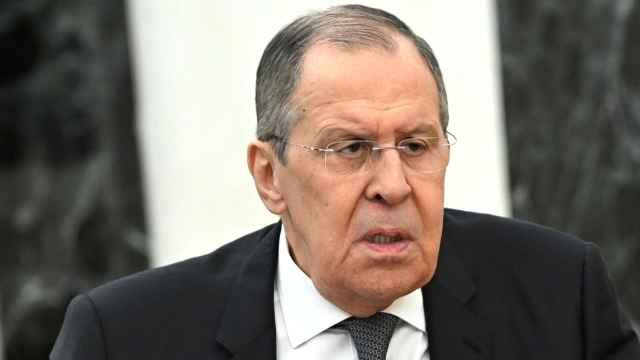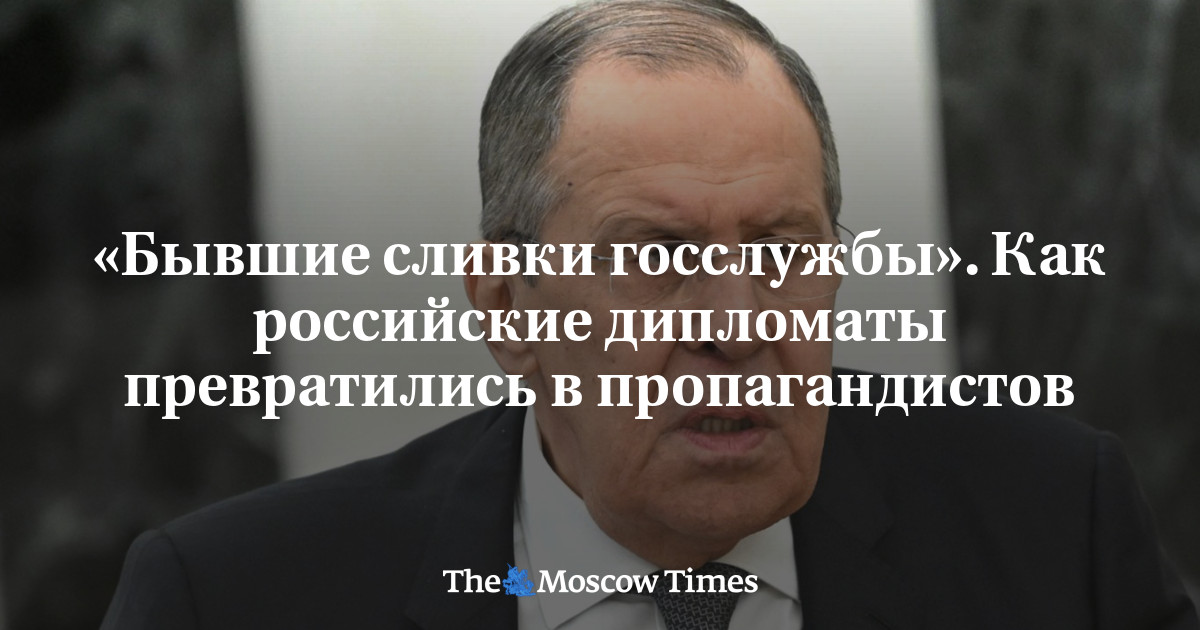
The Russian Embassy in the UK recently caused widespread outrage when it tweeted that prisoners of war from the Ukrainian Azov Battalion, who defended the city of Mariupol to the very end, deserved a “humiliating death” by hanging. After an avalanche of complaints, Twitter moderators decided to leave the tweet visible as a kind of monument to the madness into which Russian diplomacy had fallen.
Many international observers were surprised by the tougher language used by Russian diplomats. But since the beginning of this war, and even before, Russian diplomacy has focused on one mission: to show that only the Russian leader sees the world as it really is and acts in the best way possible.
Statements by Russian diplomats are increasingly aimed not at external, but at internal audiences.
The phrase “allied forces,” for example, is regularly used by Kremlin propagandists to refer to the Russian army fighting the war in Ukraine. The use of this expression is an attempt to identify modern Russia with both the Soviet Union, which, along with its allies, fought Nazism during World War II; So it is with the United States, which is capable of assembling broad coalitions for its military campaigns – even the most controversial ones, including the 2003 Iraq War. But contrary to the intentions of those who coined it, this term once again emphasizes that Russia is fighting in Ukraine alone, because by “allies” they can only mean the self-proclaimed “people’s republics” – Donetsk and Lugansk.
The isolation of Russia can be considered a failure of Russian foreign policy, which now speaks only one language: the language of propaganda. Russian diplomacy is no longer responsible for making important foreign policy decisions together with the Kremlin. She is busy simply justifying the decisions of President Vladimir Putin. And this makes the ministry just another propaganda agency whose main target is at home, not abroad, and whose messages must first penetrate the walls of the Kremlin. Hence the appalling tweet from the London embassy and the essentially absurd assertion by Foreign Minister Sergei Lavrov that Russia did not invade Ukraine.
As the radicalization of the language of senior Russian officials gains momentum, there appears to be a competition to see who can come up with the worst insult for Ukraine and its Western backers. This is again a way to curry favor with Putin and show a willingness to remain loyal to him to the end.
Against this background, the silence of more restrained officials begins to seem suspicious to the vociferous supporters of the invasion.
However, both serve the Putin regime by playing the “good cop, bad cop” game. The Foreign Office finds itself in the bad cop camp, if only because, unlike the government’s economic bloc, it deals directly with the hostile West, and therefore must demonstrate intransigence and loyalty.
This change was far from easy for diplomats, who were accustomed to thinking of themselves as the cream of the civil service. In mid-January, Deputy Foreign Minister Sergei Ryabkov praised the popular Russian rapper Oxxxymiron, who has a following among critical Russians. After the outbreak of war, the rapper condemned the invasion, canceled a series of sold-out concerts in Moscow and St. Petersburg, and left the country. Now the thought of him performing in Russia is unthinkable, and Ryabkov, of course, can no longer afford to express his sympathies.
This new language of Russian diplomacy may be aimed primarily at a domestic audience, but it is also helping to build a constituency of sympathizers around the world—especially among anti-Western regimes and politicians in developing countries, as well as domestic critics of Western countries themselves.
Many of these people are indifferent to both Ukraine and Russia, but rejoice in the simple fact of Russia’s opposition to the West, even if it takes the form of a brutal war of aggression. However, these sympathizers remain passive observers and have no intention of changing this role to that of true allies.
Russia is not as isolated as its opponents would like it to be, but it is fighting this war only with the support of die-hard supporters.
Just like the Russian economy, Russian diplomacy is trying to replace its ties with the West by switching to the domestic market and finding audiences in other parts of the world – with all the problems and turmoil that such a shift entails.

